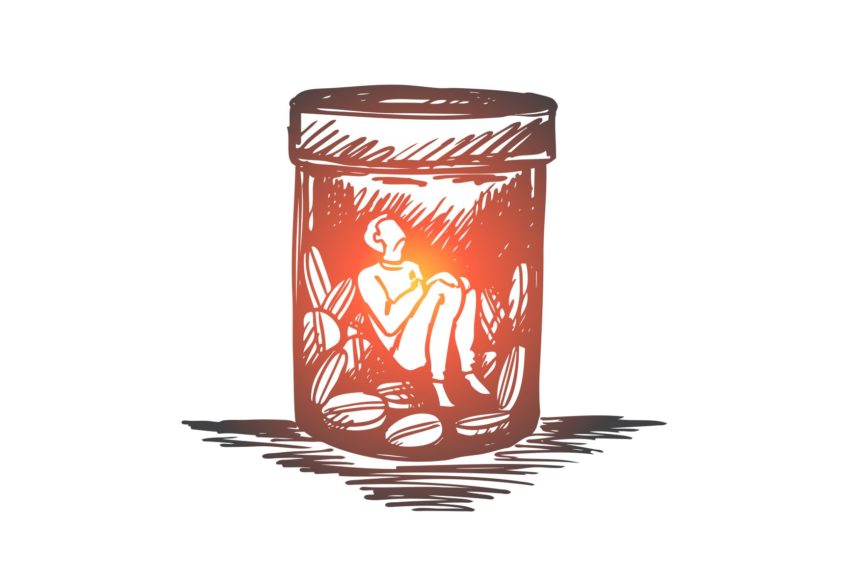For an addictions intervention to be effective, it’s important to follow some specific steps. It’s not enough to just drag an addict into a room and start telling them they need help.
Here are some steps that one ought to follow when planning to hold an intervention to address a loved one’s alcohol or drug addiction:
Decide to Do It
First, someone must decide that they want to hold an intervention. This decision can be harder than it seems. After all, many people don’t want to acknowledge how bad their loved one’s addiction has gotten.
If a person is showing signs of substance abuse disorder, they need an intervention sooner rather than later.
According to the American Psychiatric Association, these signs include impaired control, social issues at school or work, using substances in risky settings, changes in one’s tolerance level, and the development of withdrawal symptoms (sweating, shaking, nausea, mood swings, etc.).
Gather Your Intervention Team
Next, an intervention team should be made up of family members and close friends. Family and friends who have the person struggling with addiction’s best interests in mind will likely have an easier time getting through to them about the seriousness of their problem and encouraging them to seek help.
Choose a Professional Interventionist
It’s important to work with intervention specialists, such as a medical doctor, mental health therapist, or professional interventionist when holding an addiction intervention.
When a family member or friend takes the time to plan a professional intervention, the chances of the intervention being successful increase significantly.
Gather Information About the Addict
After creating your team, gather information about the addict before holding the meeting. This includes gathering evidence of the effects of their addiction.
Presenting detailed examples that illustrate the seriousness of their addiction can go a long way when it comes to getting through to the addict. Similarly, it’s a good idea to gather information on treatment programs or protocols, too.
Reviewing past information from chemical health assessments may also help.
Write an Impact Statement
An impact statement is a written letter that is read to the addict when they arrive for the intervention.
This statement includes specific examples of how the person’s addiction is affecting them, their family, and their other loved ones. It also encourages them to seek treatment and outlines the consequences they will face if they choose not to.
An impact statement needs to be heartfelt and written in a nonjudgmental tone. If the addict feels that they’re being attacked, they’ll be less inclined to stick around.
Decide What Happens if the Addict Won’t Get Help
Those planning the intervention need to get clear on the consequences the addict will face if they don’t get help.
If they choose not to attend any treatment centers or programs, will the addict be cut off financially? Will they be asked to move out?
Whatever consequences the family and friends choose, they need to be prepared to follow through.
Schedule and Hold the Intervention
Interventions should be scheduled. To be successful, this meeting needs to be well-planned. It can’t be thrown together at the last minute.
During the intervention, each attendee will take a turn speaking to the addict, expressing their concerns, and encouraging them to get help. The intervention specialist will guide the meeting and keep things moving.
Follow Up
If the addict agrees to get help for their substance abuse issues, it’s important to follow up with them and hold them accountable. This may include going to therapy with them, driving them to a treatment center, or helping them to change their living environment to get rid of triggers.
